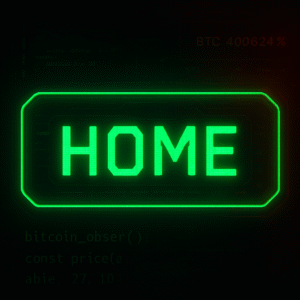Bitcoin Is Going Global — And the Old System Knows It
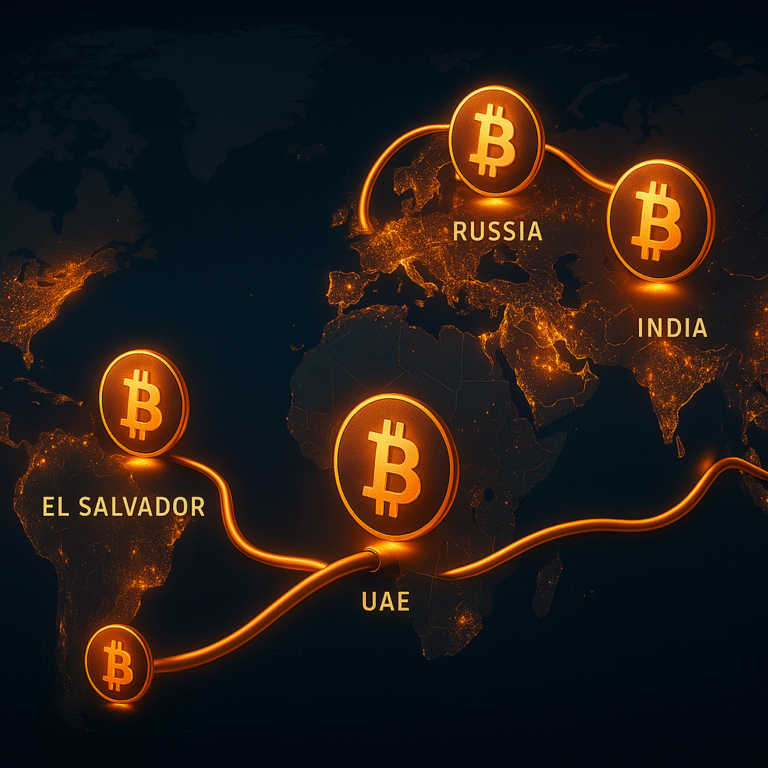
The U.S. spends years debating ETF rules and SEC lawsuits. Meanwhile, entire nations are buying Bitcoin with volcano energy, using it to sell oil, and telling the IMF to get lost. Guess who’s winning?
The View from the Fiat Village
We’ve got it backwards in America.
While Congress holds hearings about whether Bitcoin is a commodity or security, El Salvador’s President Bukele is mining it with volcanic energy and telling the International Monetary Fund to pound sand. While our regulators debate accounting rules, Russia is using Bitcoin to sell oil to China — right now, at scale, outside the dollar system entirely.
The uncomfortable truth? The U.S. isn’t leading the Bitcoin revolution. We’re actually the slow kid in class, spending all our time asking for permission while everyone else just does the work.
The El Salvador Situation
Nayib Bukele didn’t ask anyone for permission. In 2021, he made Bitcoin legal tender and started stacking sats for the national treasury. The establishment lost its mind.
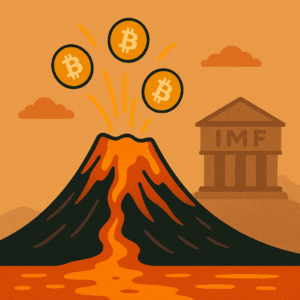
What they’ve actually done:
– Made Bitcoin legal tender alongside the U.S. dollar
– Accumulated over 6,000 BTC in national reserves
– Built geothermal mining infrastructure using volcano energy
– Launched a “Freedom Visa” program — get residency by investing Bitcoin
– Told the IMF to take their loan conditions and shove them
The results? Through every crash, every “Bitcoin is dead” headline, every IMF scolding — they kept buying. Their Bitcoin treasury is now worth hundreds of millions more than they paid. Meanwhile, the IMF is still writing strongly-worded letters.
El Salvador proved something crucial: Bitcoin adoption works when you stop asking permission.
UAE : The Quiet Bitcoin Powerhouse
The United Arab Emirates took a different approach .
They just built the infrastructure and let the market decide.
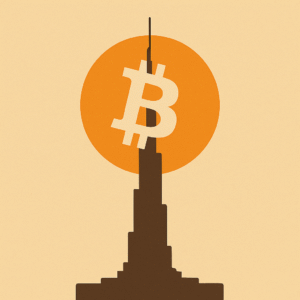
Their quiet Bitcoin strategy:
– Created tax-free zones specifically for Bitcoin miners and exchanges
– Attracted major crypto businesses and OTC trading desks
– Positioned Dubai as a crypto-friendly wealth management hub
– Invested $2 billion in Binance using Trump’s USD1 stablecoin
No congressional hearings. No regulatory theater. Just practical policy that attracts capital and business. While America argues about Bitcoin’s environmental impact, the UAE built solar-powered mining facilities.
Russia & China Aren’t Theorizing — They’re Using Bitcoin
Vladimir Putin said something in 2024 that should have made every American policymaker pay attention:
“Who can ban Bitcoin? Nobody. And who can prohibit the use of other electronic means of payment? Nobody. Because these are new technologies and no matter what happens to the dollar, these tools will develop one way or another because everyone will strive to reduce costs and increase reliability.”
That wasn’t a theoretical statement. It was a declaration of intent.
And in 2025, they backed it up :
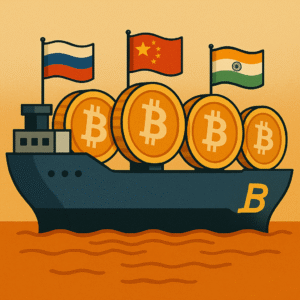
Russia’s Bitcoin energy strategy (2025):
– Using Bitcoin and USDT to settle oil and gas trades with China and India
– New legislation permits crypto for cross-border settlements
– OTC desks and P2P networks bypass SWIFT entirely
– Bitcoin serves as neutral bridge asset between Ruble–Yuan trades
While the U.S. Treasury worried about sanctions compliance, Russia figured out how to sell energy without using dollars. They’re not theorizing about Bitcoin’s monetary properties — they’re proving them.
While the U.S. Treasury worried about sanctions compliance, Russia figured out how to sell energy without using dollars. They’re not theorizing about Bitcoin’s monetary properties — they’re proving them.
Sovereign Wealth Funds Are Quietly Stacking
Energy-rich nations learned something crucial: instead of selling oil for dollars that lose value, they can monetize surplus energy directly into Bitcoin.
The emerging playbook:
– Build mining infrastructure using excess energy capacity
– Treat Bitcoin like “digital gold” — portable, trustless, seizure-resistant
– Test small allocations in national treasuries
– Use Bitcoin for international trade settlement
Norway’s sovereign wealth fund, Qatar’s QIA, and others aren’t announcing Bitcoin strategies — they’re quietly implementing them. They learned from El Salvador: better to stack sats than ask permission.
In late 2024, Australia ruled that Bitcoin qualifies as “money”, and that some Bitcoin transactions are tax-exempt under their law.
That’s not just a legal technicality — that’s full recognition of Bitcoin as a monetary asset in a Western, English-speaking democracy. While U.S. regulators still can’t agree if it’s a commodity or a crime.
Stop Looking at Bitcoin from Inside the U.S. Bubble
If your Bitcoin worldview is limited to ETF inflows and SEC headlines, you’re only watching half the movie.
To the rest of the world, Bitcoin is:
– A monetary escape hatch
– A neutral energy trade rail
– A sovereign savings tool
– A digital weapon against debt, inflation, and capital controls
The U.S. might be the loudest in the room, but it’s not the only one stacking.
The Real Bitcoin Map
If you think Bitcoin adoption depends on American ETF approvals, you’re watching the wrong movie. Here’s what Bitcoin actually is to the rest of the world:
For Energy Nations: A way to monetize stranded energy and bypass dollar dependency
For Developing Countries: Protection against local currency debasement and capital controls
For Sanctioned Nations: A neutral settlement layer that works when SWIFT doesn’t
For Sovereign Wealth Funds: Digital gold that can’t be confiscated or frozen
For Smart Governments: Infrastructure investment that attracts global capital
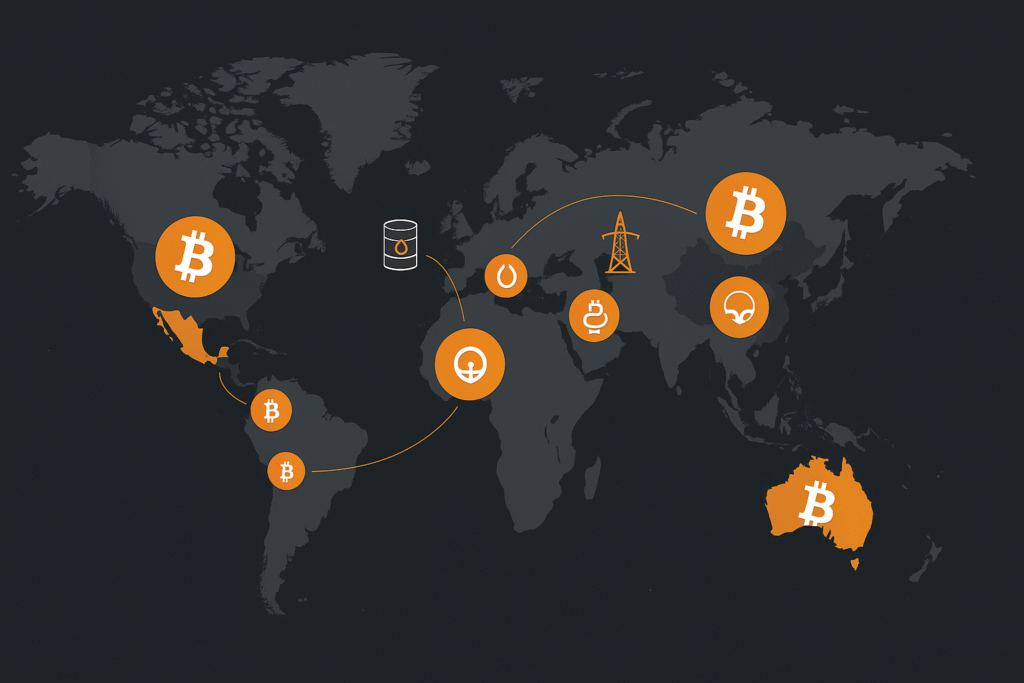
While America spends years arguing about ETF accounting rules and SEC jurisdiction, entire economies are reorganizing around Bitcoin infrastructure. Energy producers are mining it, central banks are buying it, and international trade is settling with it.
The question isn’t whether Bitcoin will succeed globally — it already has.
The question is whether America will lead this transition or watch it happen from the sidelines.
Because the rest of the world stopped asking permission a long time ago.
Sources
– https://www.presidency.gob.sv/ley-bitcoin/
– https://www.duma.gov.ru/en/news/crypto-settlements/
– https://treasury.gov.au/consultation/digital-assets-regulatory-framework
– https://www.dmcc.ae/news/dmcc-crypto-centre
– https://www.kremlin.ru/en/events/president/transcripts/digital-assets-2024
© 2025 The Corn Report. All rights reserved.
This site is for educational and informational purposes only. Nothing here is financial advice. No guarantees. No endorsements. Just signal.
No paywalls. No clickbait. No bullshit.
Contact: admin@thecornreport.com

